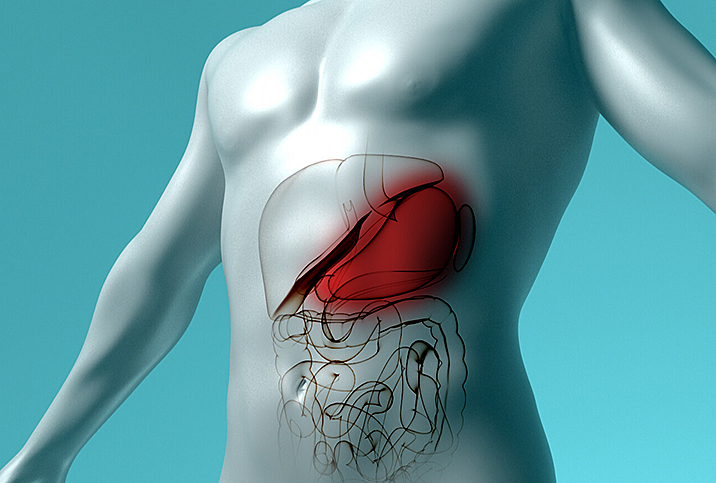Gastric Reflux Symptoms You Should Never Ignore

We've all been there: the Mexican restaurant or maybe the Italian place where you've either had a large meal or just a normal-sized acai bowl and then you hiccup. It's not a hiccup exactly but more of a burp that sends stomach acid pouring into your mouth. It's gross. No, you didn't just throw up into your mouth a little; your stomach erupted a splash of stomach acid through your esophagus. If your stomach could talk, it would tell you it doesn't like what you just ate and that it cannot hold the food due to the sphincter between it and the esophagus either being loose or dysfunctional. And if your esophagus could speak, it would say, "Why did you bring me into this?"
All joking aside, what many people do not know is that heartburn, acid reflux and gastroesophageal reflux disease (GERD) can have surprisingly serious and long-term consequences, including anemia and even cancer. Over-the-counter medications should not be taken long term for these digestive problems. Here's when it's time to see your friendly gastroenterologist:
You take antacids with every meal
Are you that person who keeps a roll of antacids with you at all times? When heartburn is this bad, it's time to do something about it. Although antacids are mostly safe, taking them long term can cause an entirely separate host of stomach issues. Keep a journal that lists the foods you eat and the times of day you begin having heartburn. Lifestyle changes, such as proper diet and exercise, can often reverse heartburn symptoms. Your doctor will determine whether other tests are needed.
You experience shortness of breath
Believe it or not, gastric reflux can cause asthma and upper respiratory issues such as wheezing, coughing, hoarseness, painful swallowing and shortness of breath. If you are short of breath after eating, it could be a warning sign. Look out for shortness of breath at night, when the acid can back up into your lungs while sleeping or due to sleep apnea. Gastric acid can also cause damage to the vocal cords and the esophagus. You should not ignore these symptoms; see your doctor right away if any appear.
You have observed new symptoms
Are you experiencing acid reflux for the first time? Are you at a healthy weight and maintain a healthy diet? Are you having trouble getting rid of heartburn? You could have an infection of H. pylori, common bacteria that live in the digestive tract and can cause peptic ulcers and gastritis. Your doctor will determine if your symptoms suggest a specific condition.
Your breath stinks
You can't always blame lousy breath on poor dental hygiene. When tooth decay is not to blame, your gut may be the culprit. Your doctor will likely suggest making better food choices and can perform various tests based on other symptoms and frequency of heartburn.
You have frequent constipation, diarrhea, nausea and gas
Many over-the-counter medications and fatty foods can cause constipation, diarrhea, indigestion, nausea and more. Frequent symptoms should never be ignored since they can indicate a severe condition. Acid reflux or heartburn can be isolated but sometimes are associated or indicate other serious health problems such as irritable bowel syndrome (IBS), diseases of the colon or intestines (such as Crohn's disease), ulcers, anemia, nutritional deficiencies or even cancer.
Don't be afraid of diagnostic tests
Many people skip out on seeing their doctor until symptoms are out of control. Frequent acid reflux that is left untreated for many years may lead to scarring/irritation from repeated exposure to acid, which can cause cells to mutate or transform into cancers of the throat, esophagus and stomach. Many diagnostic tests are easy to take, unpainful and can give patients important insights about their symptoms and peace of mind. Your doctor can help you find the right treatment.


















